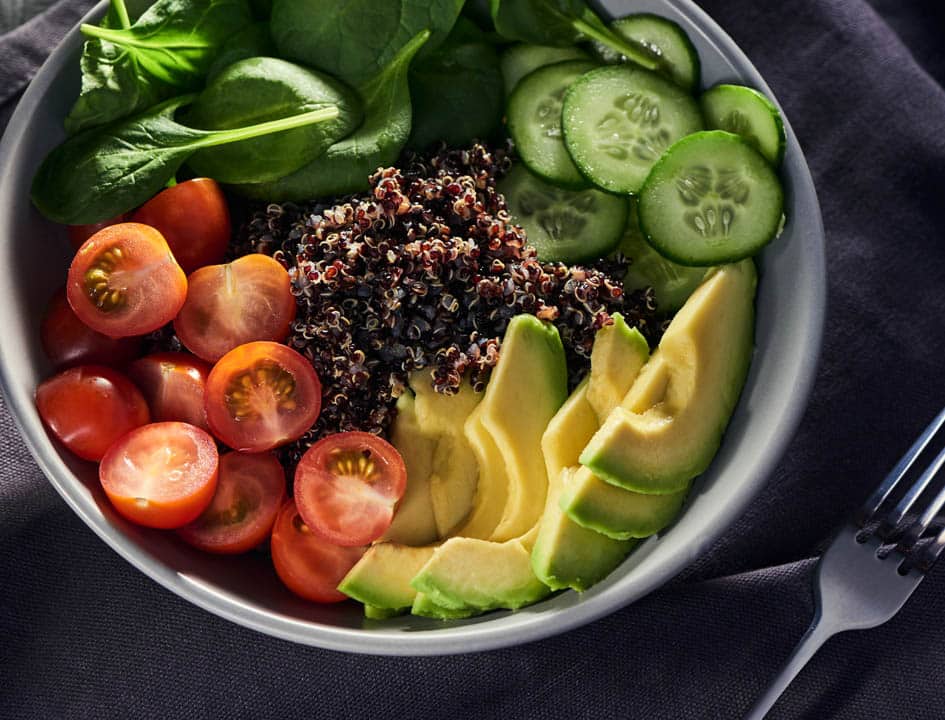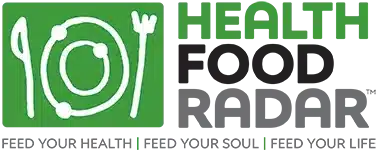written by:
reviewed by:
There are four predominant types of kidney stones: calcium oxalate, uric acid, struvite, and cystine. Can following a kidney stone diet help prevent the formation of kidney stones?

Table of contents
Kidney stones, also called nephrolithiasis, are a fairly common health issue in the United States, with around 11 percent of men and 6 percent of women developing them at least once in their lifetime. However, not all kidney stones are the same in their composition or their etiologies. Some people are more prone to developing kidney stones than others, even if in a broader sense kidney stones can affect almost anyone.
What are Kidney Stones and How are They Formed?
The kidneys play a vital role in our health. They act as a filter to help rid the body of waste products, while ensuring that significant elements are retained. One of the most important products the kidneys help our bodies reabsorb are minerals such as calcium and phosphorus. Minerals are substances which are essential for health. When you don’t have enough minerals, it can cause a number of health issues ranging from excessive fatigue to more serious conditions like bone disorders and immune system complications. As humans, we get a rather significant amount of minerals from our diets, although some minerals may be found in smaller concentrations in the body as a result of natural biochemical processes that occur.
On the other hand, when there is an excess of certain minerals in the body, this can lead to the formation of kidney stones. When there is a large level of calcium, uric acid or other such crystal forming substances in the urine, it can lead to the formation of stones. These stones can vary in size and shape.
Some stones are incredibly small and can easily pass out of the body via urine, while others are larger and cannot be passed out of the body on their own. Larger stones also possess the risk of getting stuck in the urinary tract and can cause pain and/or blood in the urine (called hematuria). If a stone causes pain or there is blood in urine, this may require intervention from a trained doctor, such as a urologist.
What are the Different Types of Kidney Stones?
According to the National Institute of Diabetes and Digestive and Kidney Diseases (NIDDK) there are four predominant types of kidney stones: calcium oxalate, uric acid, struvite, and cystine.
Calcium Stones
These are the most common types of urine stones. They can either be calcium oxalate or calcium phosphate stones. This can occur if a person has a high amount of calcium (called hypercalcemia) or a high amount of uric acid (called hyperuricemia) in their blood, as both of these can result in stone formation when filtration occurs in the kidneys.
Alternatively, if someone is dehydrated, this results in a low urine volume which increases the concentration of filtered substances in the urine. As a result, there’s a higher chance of stone forming substances being precipitated into kidney stones.
Drinking lots of water and increasing hydration is the best treatment option for calcium stones. As more water flows through the kidneys and bladder, the stone(s) and stone forming agents are flushed out of the body. In addition, medications that decrease the calcium levels in the urine and ones that inhibit stone formation by binding to calcium can also be considered.
Uric Acid Stones
Uric acid stones are relatively uncommon. They usually occur when someone has a high uric acid level in the blood or acidic urine. Similar to treating calcium stones, increasing the intake of fluids is encouraged to flush out the stones. Potassium bicarbonate may be given to reduce the acidity of the urine and encourage its alkalization. In some rare instances, a drug called allopurinol is given to reduce the production of uric acid in the body.
Struvite Stones
These account for about 15 percent of cases of kidney stones. They are made up of ammonium, magnesium and phosphate. Individuals who get a urinary tract infection with certain bacteria strains which can make the urine more alkaline can develop struvite stones. In addition to treating the stone, antibiotics need to be given to treat the infection and prevent recurrent stones. In many cases, these stones are too large to pass through the urinary tract and have to be removed through surgical intervention.
Cystine Stones
These are a rare type of stone that are mostly seen in children. Doctors recommend increasing fluids to help flush out the stones, though in some instances medications are given to help reduce the acidity of the urine.
How Does Hydration Help Treat/prevent Kidney Stones?
According to the Urology Care Foundation (UCF), about half of the people who develop kidney stones will develop another. Increasing the amount of water intake dilutes the stone forming substances in the urine. However, you should avoid drinking more than eight, eight ounce glasses of water a day as this can cause an electrolyte imbalance in the body and lead to other issues.
Types of Kidney Stones and Their Dietary Considerations
As seen above, kidney stones can be of different types. Restricting the intake of certain types of foods and eliminating others from your diet can help prevent each type of kidney stone.
For example, increased levels of sodium in the diet has an effect on certain biological components which results in less sodium being reabsorbed in the kidneys. Sodium and calcium go together in this process of reabsorption, therefore when there is less sodium absorbed the same goes for calcium too. This means there is more calcium in the urine which can lead to the formation of a calcium stone. As a result, individuals who develop calcium stones might be encouraged to reduce or restrict the amount of salt intake to prevent recurrence of the stone formation.
The UCF recommends cutting down on ‘cheese, frozen foods and meats, canned soups and vegetables, bottled salad dressings, pickles and olives,’ as well to prevent calcium stones, as these are all high in salt.
According to one study, a diet called the DASH diet (which stands for Dietary Approaches to Stop Hypertension) can help reduce calcium stone formation. The DASH diet consists of a high intake of fruits and vegetables, reduced intake of low-fat dairy products and is low in intake of animal proteins.
Similarly, to prevent uric acid stones, doctors might recommend increasing foods and nutrients that help in alkalizing the urine and thereby preventing the formation of acidic urine. This is the principle behind a diet intended to help prevent cystine stones, which are mostly seen in children, as well. In addition, parents and guardians are encouraged to introduce a diet low in salt and ensure that the child is drinking enough fluids. Sodas and sugary drinks that are high in fructose corn syrup should be avoided as well.
Struvite stones are less common and often associated with bladder infections. Increasing your fluid intake (hydration) as well including lots of fruits, vegetables and grains are helpful in preventing the formation of these stones.
Supplements and Natural Remedies in Treating Kidney Stones
Supplementation of calcium may have a role in the prevention of calcium stones. It is a common misconception that an increased calcium intake will result in a higher chance of calcium based stones occurring, however the opposite is true. When there is a decreased level of fluid in the body (such as occurs in states of dehydration), more calcium and oxalate are released in the urine. This can lead to the formation of calcium stones. To prevent this, increase fluid intake and ensure that you have enough calcium in your diet. Your doctor can conduct blood tests to determine if you need additional supplementation with calcium in your diet.
While there are several claims that certain herbal remedies can treat or prevent kidney stones, there is not enough information available to confirm this, and such treatments should be avoided. When in doubt, it is best to check with your doctor.
The information provided on Health Food Radar is intended for general informational purposes only. While we strive to offer accurate and up-to-date content, we do not provide medical advice, diagnosis, or treatment. Always consult with a qualified healthcare professional before making any dietary or lifestyle changes, especially if you have underlying health conditions or concerns.



